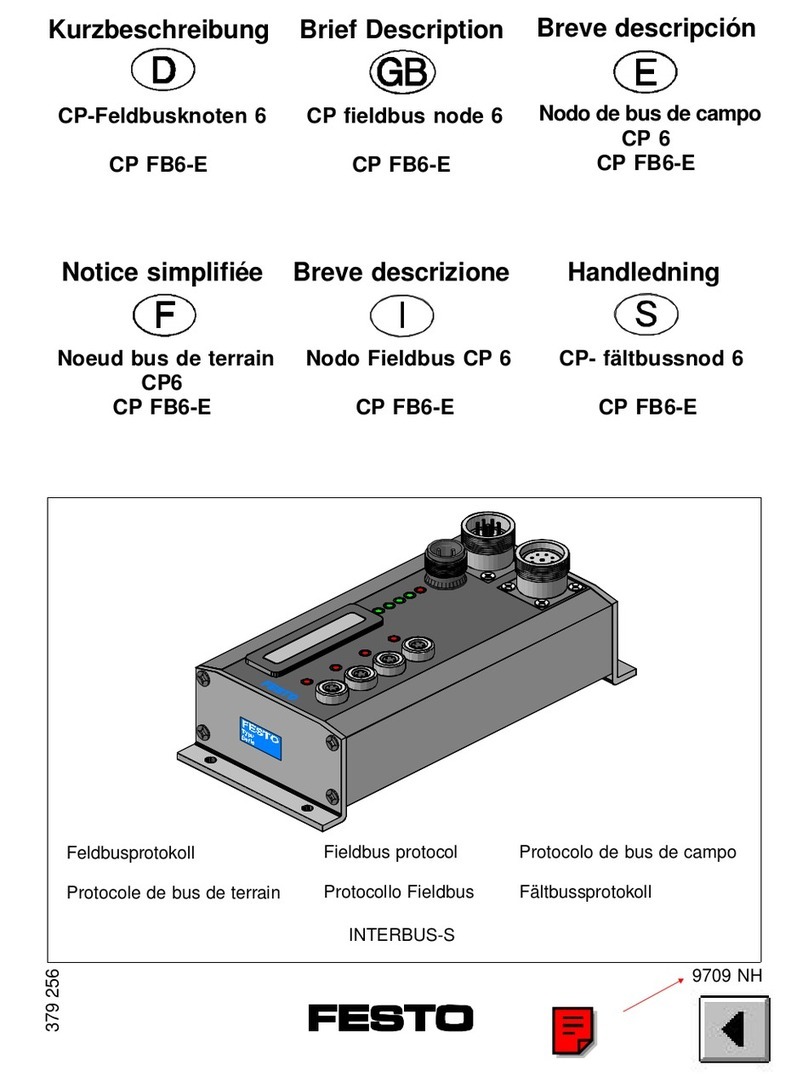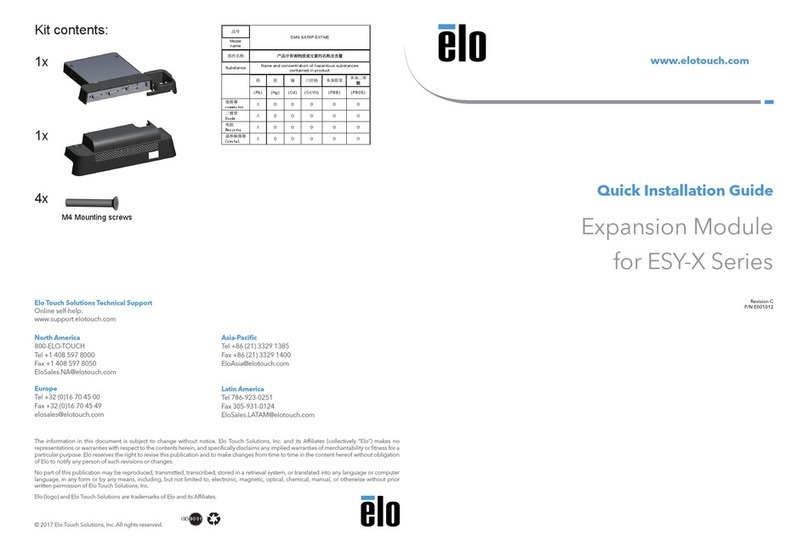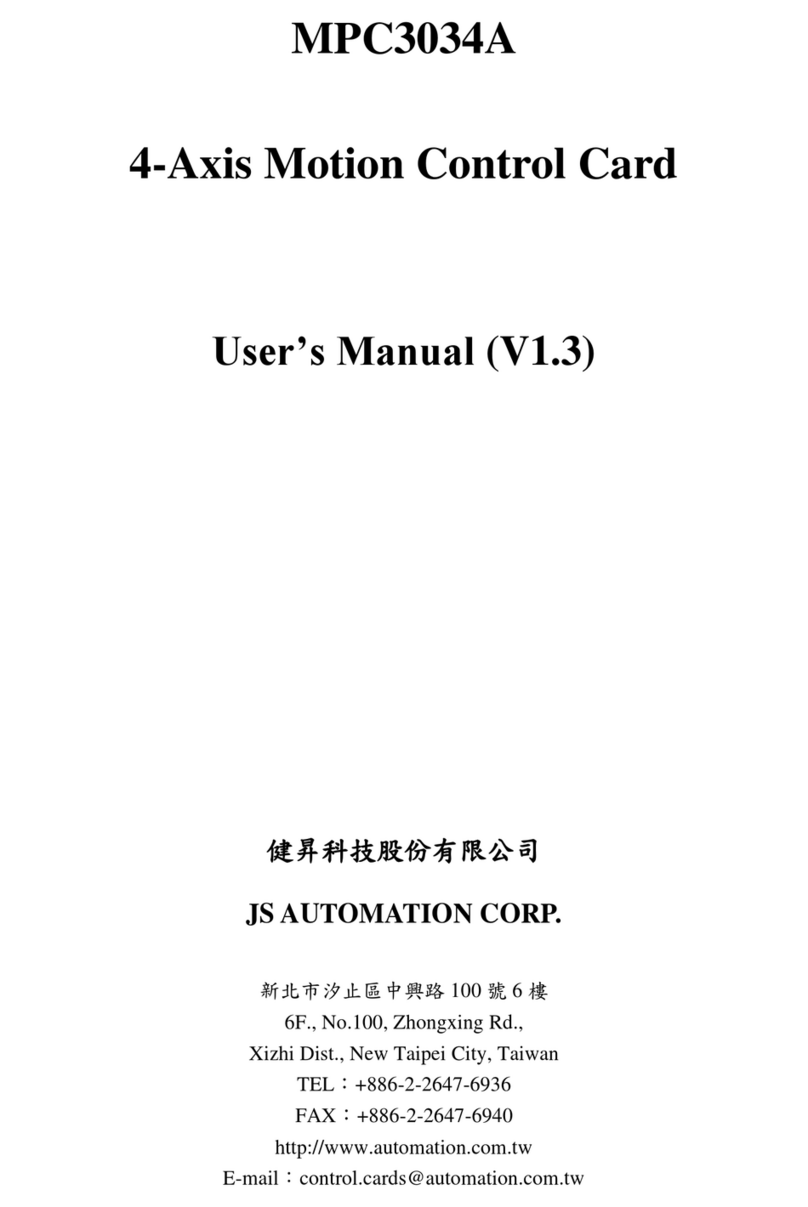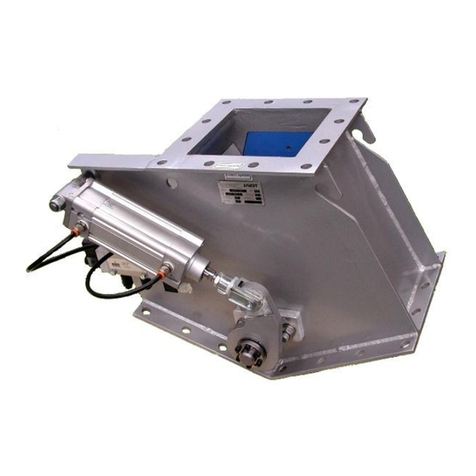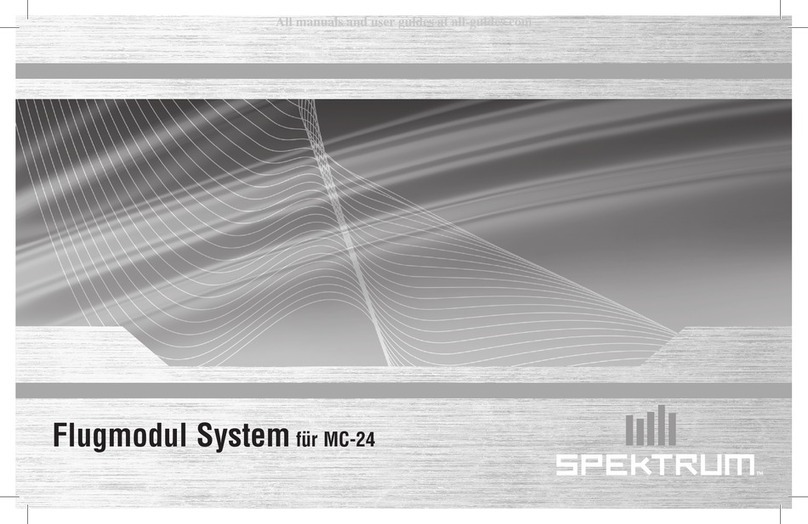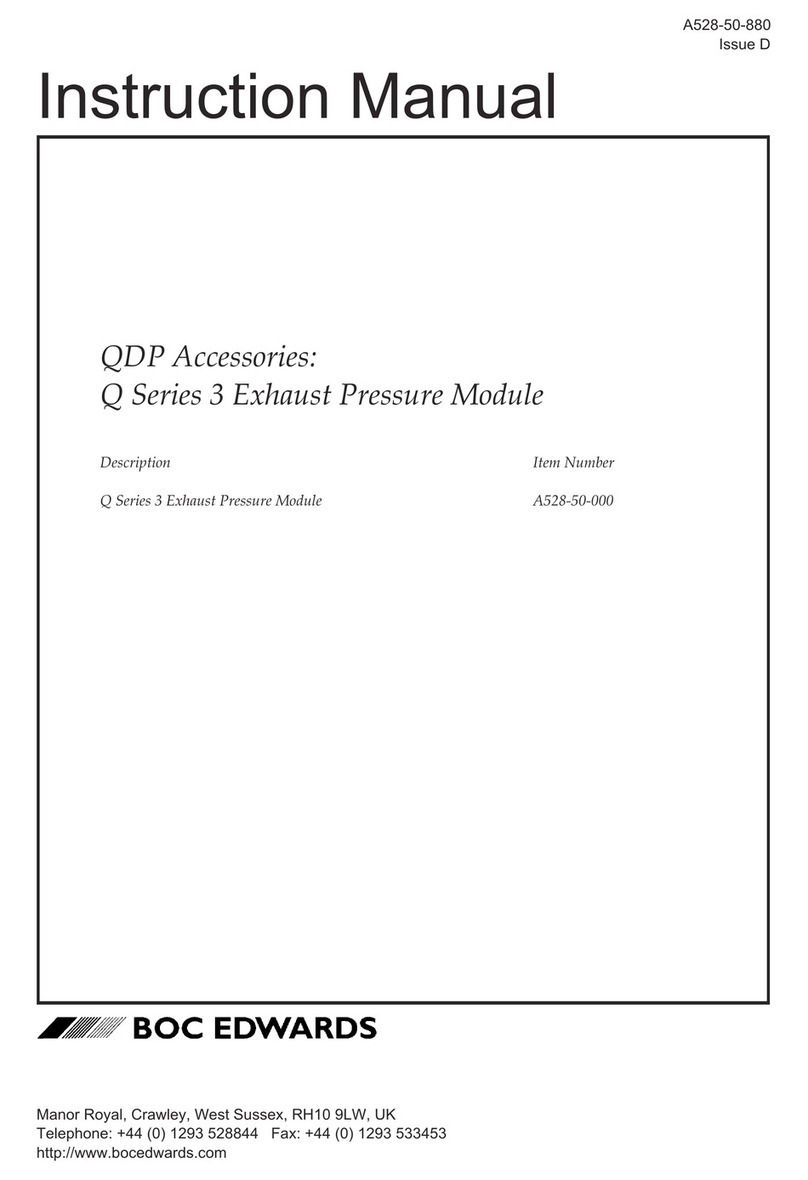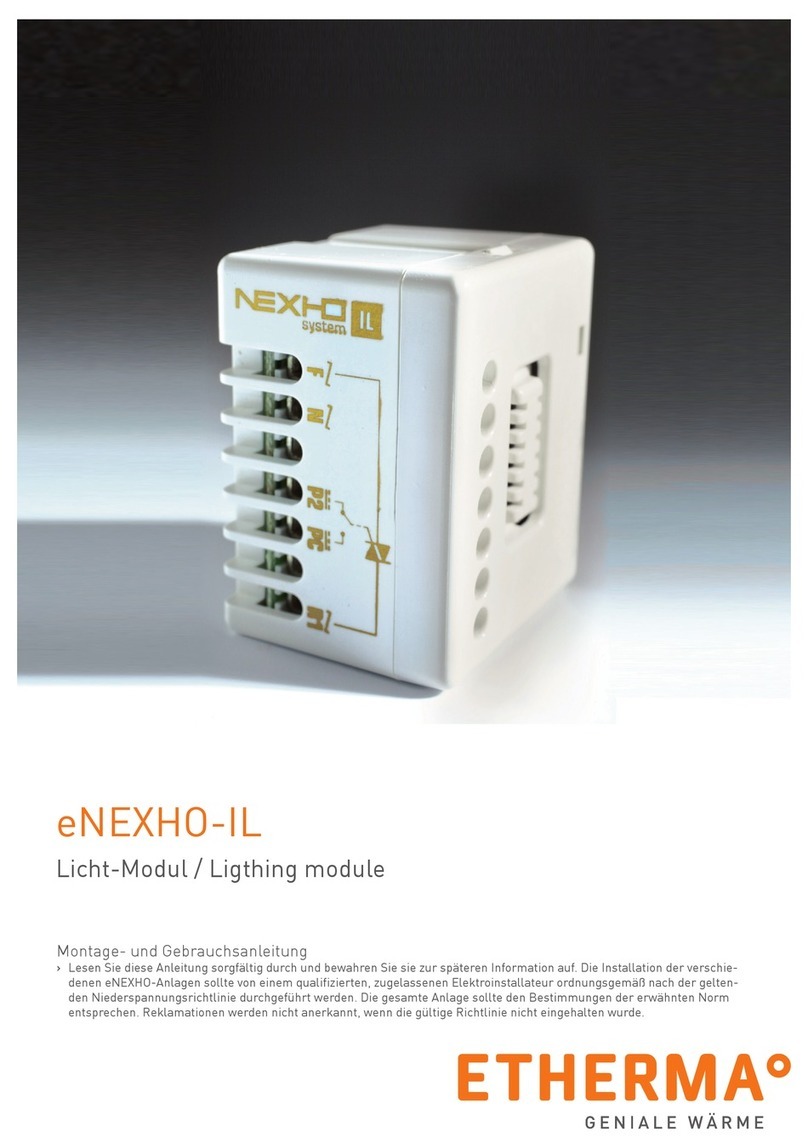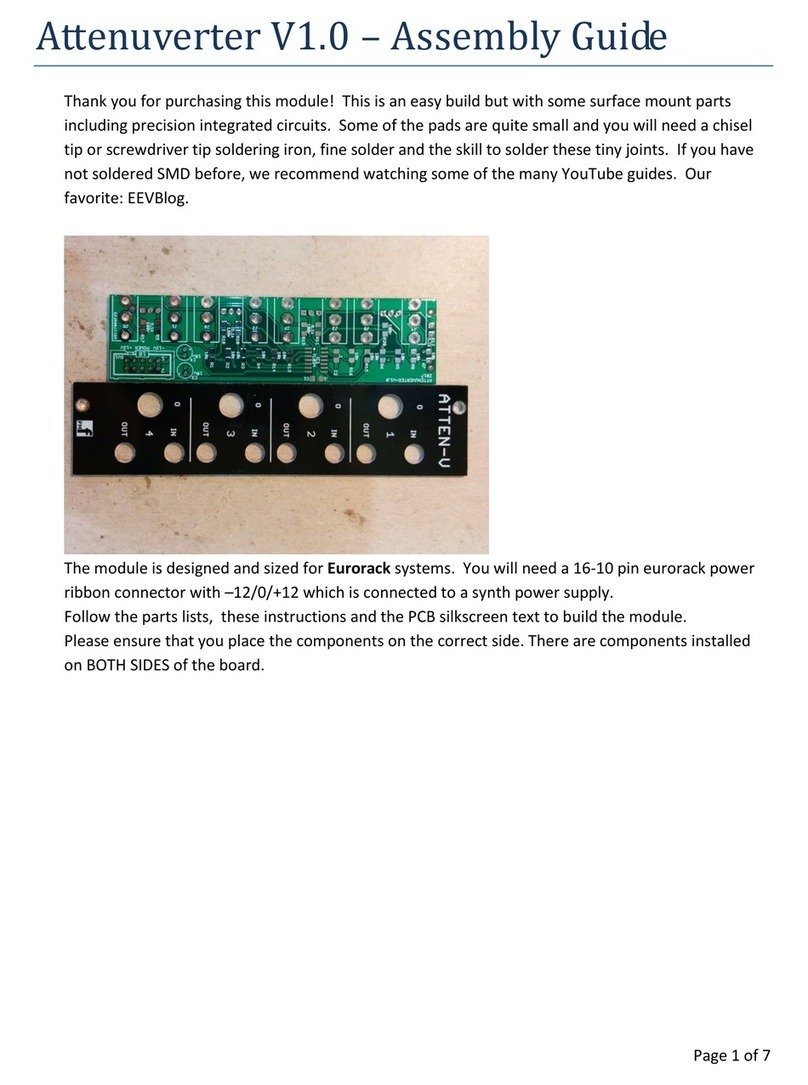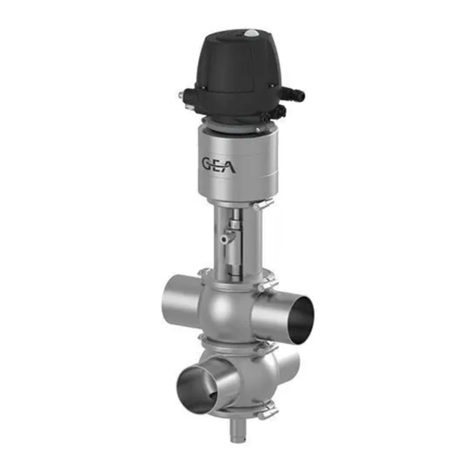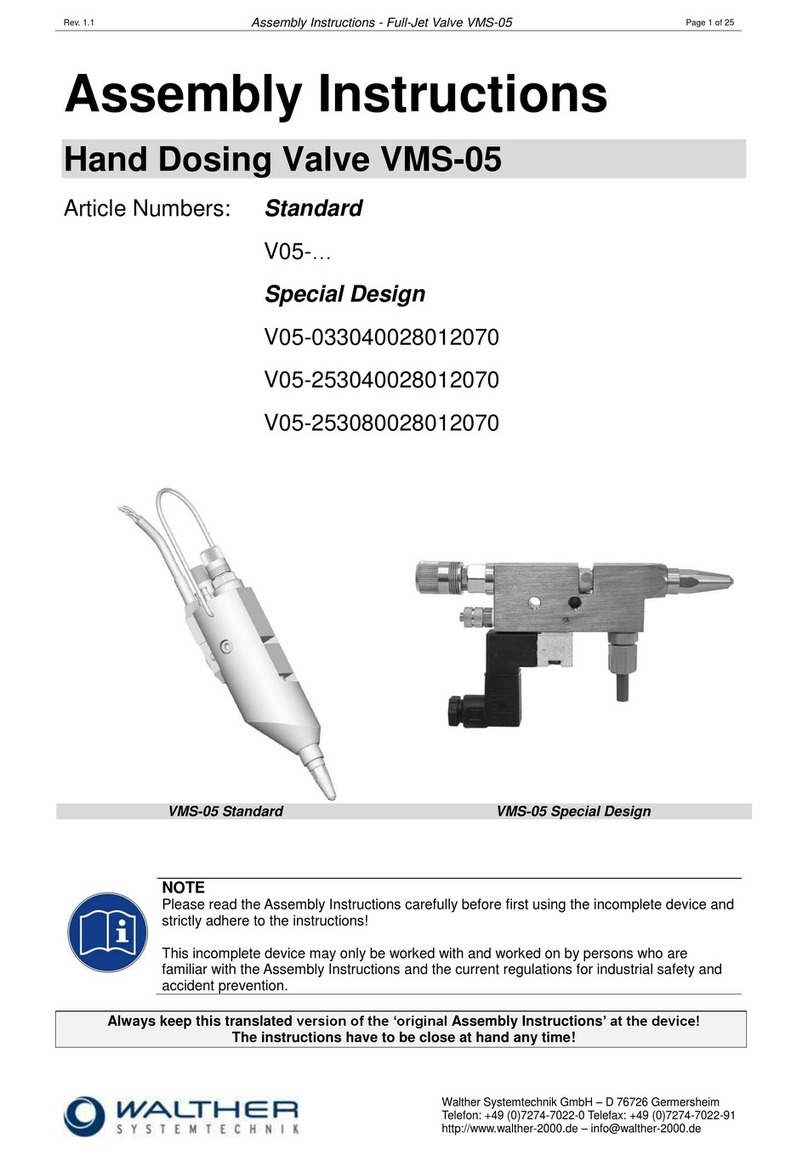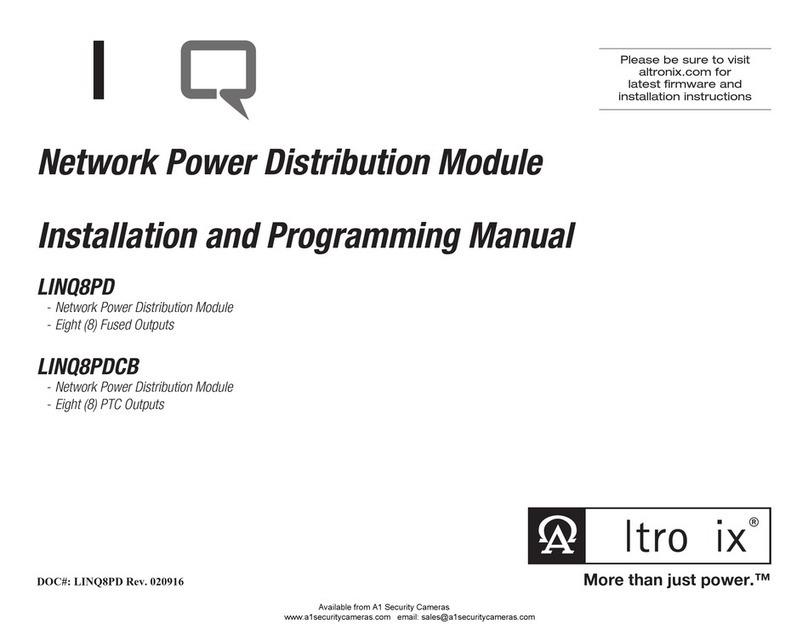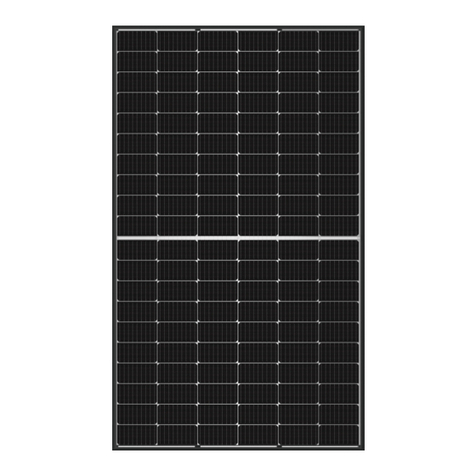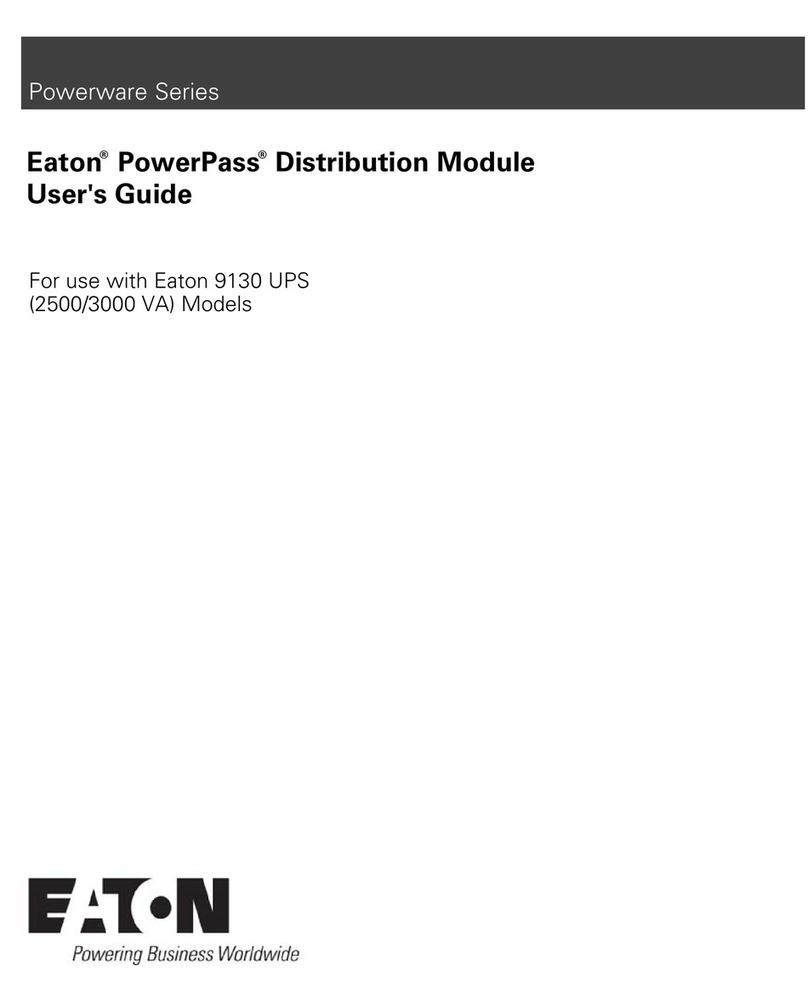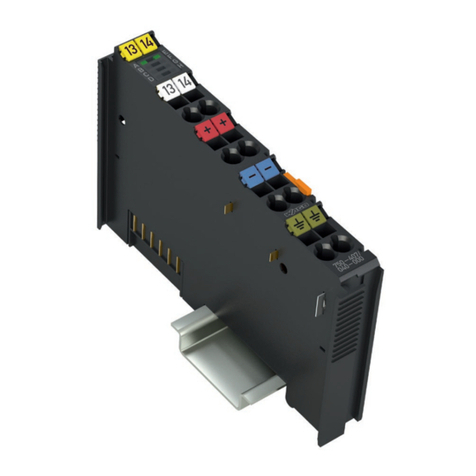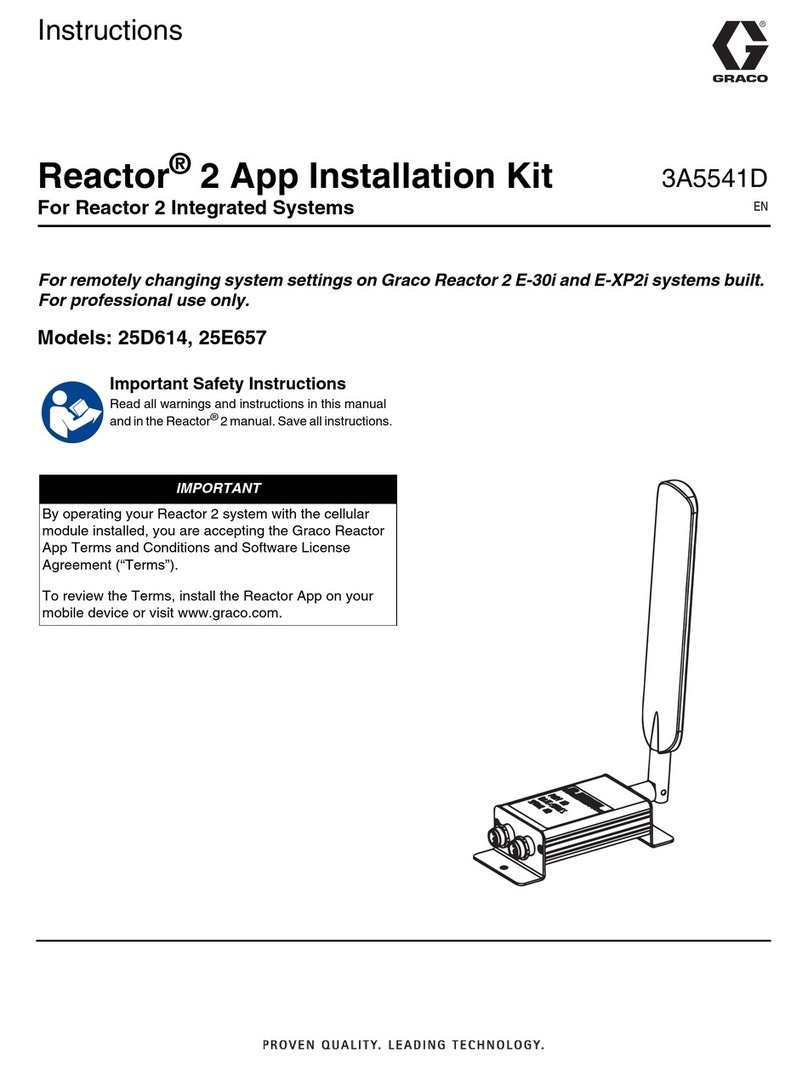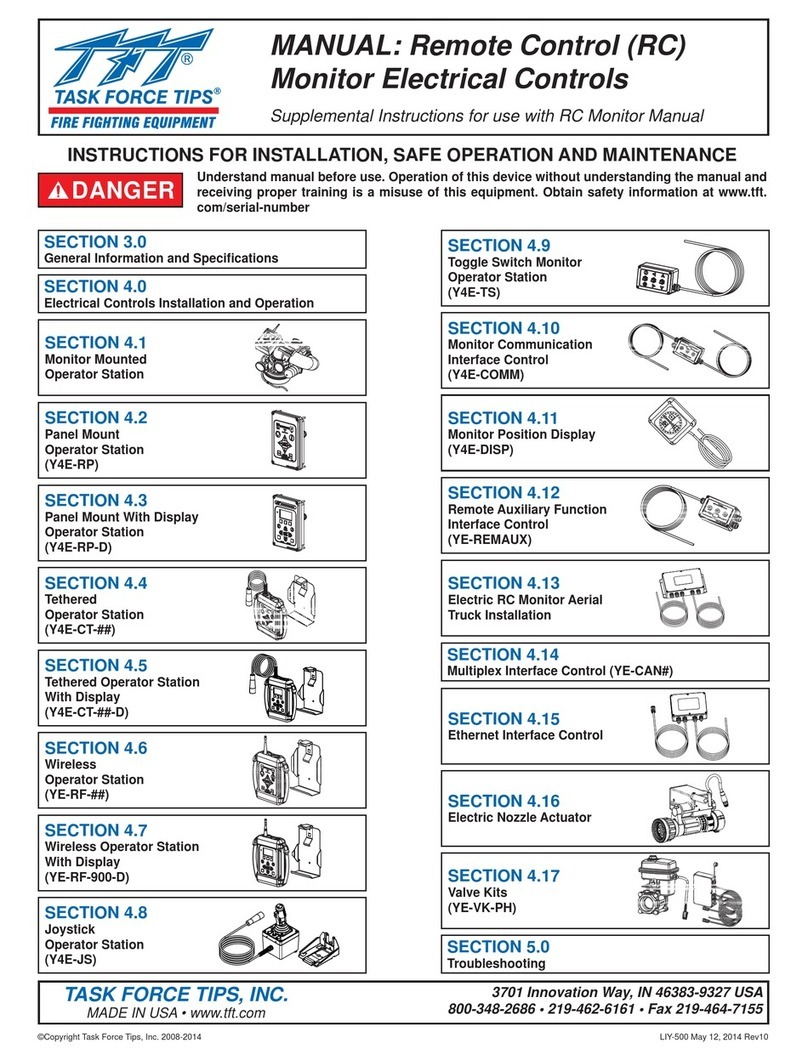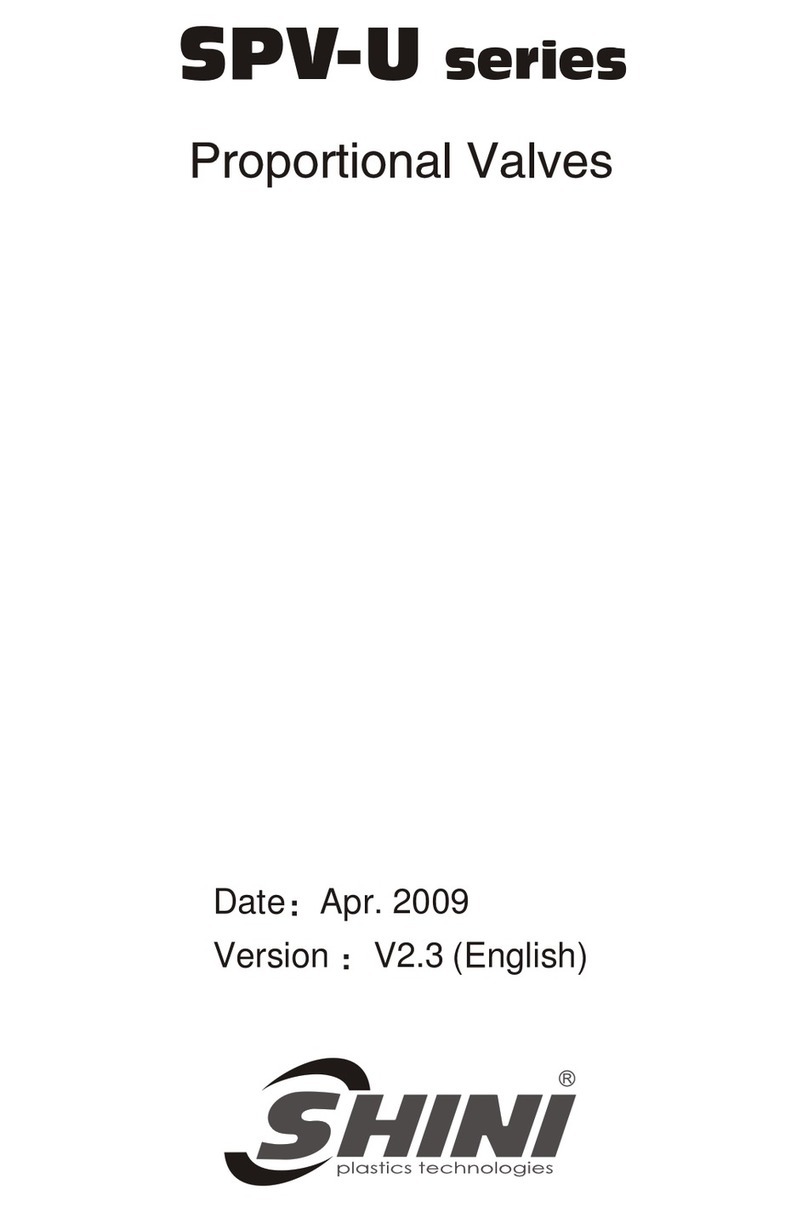
4.1.2
4.2 Unpacking steps
4.2.1
7
Jolywood (Taizhou) Solar Technology Co.,Ltd.
Kai
yang Rd., Jiangyan EconomicDevelopment zone, Taizhou City, Jiangsu Province, P. R. Chinawww.jolywood.cn[email protected] +86-523-8061 2361
Installation Manual - Jolywood N-type Mono-crystalline Double Glass Module
4.0 Unpacking instruction
4.1 Unpacking safety instruction
4.1.1
For long-term storage of modules, it is
recommended to store them in a standard
warehouse for regular patrol inspection. In case of
abnormal inclination, please reinforce them in
time under the condition of ensuring personal
safety.
The shelves in the warehouse shall have sufficient
bearing capacity and storage space, and regular
patrol inspection shall be conducted to ensure the
safe storage of goods. If the modules need to be
stored in the project site, it is forbidden to select
the soft and collapsible ground. Instead, the hard
ground or the ground with high terrain should be
selected and leveled to ensure that the modules
will not collapse or tilt during long-term storage.
When modules unpacked outdoors, it is forbidden
to work under rain, as carton would become soft
and be broken. Modules inside of it would come
out, damage or bruises may be caused to module.
During windy days, special attention should be
paid for safety, it is recommended not to transport
modules, and the unpacked modules should be
properly fixed.
The ground needs to be flat enough to ensure
package could be placed horizontally and stably.
Supportive tool should be used when
disassembling the carton to prevent the modules
from falling down.
4.1.3
Wear protective gloves during unpacking to avoid
injury and fingerprints on the glass surface.
4.1.4
Module information could be queried from outer
package, please read it carefully before
unpacking.
4.1.5
Each module should be lifted by two man. Do not
lift module by grasping the module terminal box
or lead wires. Use both hands to carry module, do
not stack modules during lifting.
4.1.6
The unpacked modules must all be installed,
should not be stored at the project site. It is
forbidden to stack in the project site for a long
time, and the number of temporarily stacked
modules shall not exceed 16.
Before unpacking, please check the product name
and serial number on an A4 paper on the surface
of the package, unpacking method should not be
randomly changed.
In rainy weather, please use a rain cloth to
completely cover the modules and pallets, and
take rain and moisture-proof measures for the
pallets and cartons. In case of sunshine or wind,
remove the rain cloth to dry the outer packaging
as soon as possible, so as to avoid collapse due to
moisture deformation.It is forbidden to soak the
tray in the rain to cause mildew and decay. The
ground drainage measures should be taken first to
prevent the ground from being soft and sinking
due to a large amount of water on the ground
after the rain. Unauthorized access to the module
storage area is prohibited.
